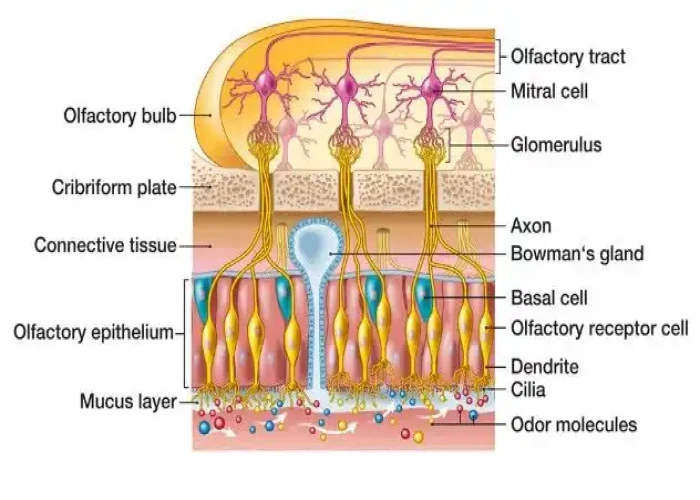 Welcome
Welcome
“May all be happy, may all be healed, may all be at peace and may no one ever suffer."
- A
- B
- C
- D
- E
- F
- G
- H
- I
- J
- K
- L
- M
- N
- O
- P
- Q
- R
- S
- T
- U
- V
- W
- X
- Y
- Z
Pineal gland - Diseases
The pineal gland is a small endocrine gland located in the brain, specifically in the epithalamus region of the brain's third ventricle. It is shaped like a pine cone and hence, it is called the pineal gland. It plays a crucial role in the regulation of the body's circadian rhythm or sleep-wake cycle, as well as other physiological functions.
The pineal gland produces and secretes the hormone melatonin, which is involved in regulating the body's sleep-wake cycle. Melatonin levels increase in the evening and remain elevated throughout the night, helping to promote sleep, while levels decrease in the morning, promoting wakefulness.
In addition to regulating the sleep-wake cycle, the pineal gland also has other functions, including playing a role in regulating sexual maturation, immune function, and antioxidative processes. Some research also suggests that the pineal gland may play a role in regulating mood and behavior.
Various factors, such as exposure to light at night, can disrupt the normal functioning of the pineal gland and affect melatonin production. Certain medical conditions, such as tumors, can also affect the pineal gland's functioning. However, in general, maintaining a regular sleep-wake cycle and avoiding exposure to light at night can help support the pineal gland's health and normal functioning.

Enteric Nerves

Olfactory epithelium

Skeleton

Central nervous

Knee

Brain

Ascending colon intestine

Bladder
Pineal gland, Pineal gland location, পাইনাল গ্রন্থি
To be happy, beautiful, healthy, wealthy, hale and long-lived stay with DM3S.